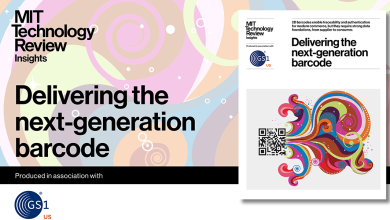AI search could break the web

In short, governments have shown they are willing to regulate the flow of value between content producers and content aggregators, abandoning their traditional reluctance to interfere with the internet.
However, mandatory bargaining is a blunt solution for a complex problem. These reforms favor a narrow class of news organizations, operating on the assumption that platforms like Google and Meta exploit publishers. In practice, it’s unclear how much of their platform traffic is truly attributable to news, with estimates ranging from 2% to 35% of search queries and just 3% of social media feeds. At the same time, platforms offer significant benefit to publishers by amplifying their content, and there is little consensus about the fair apportionment of this two-way value. Controversially, the four bargaining codes regulate simply indexing or linking to news content, not just reproducing it. This threatens the “ability to link freely” that underpins the web. Moreover, bargaining rules focused on legacy media—just 1,400 publications in Canada, 1,500 in the EU, and 62 organizations in Australia—ignore countless everyday creators and users who contribute the posts, blogs, images, videos, podcasts, and comments that drive platform traffic.
Yet for all its pitfalls, mandatory bargaining may become an attractive response to AI search. For one thing, the case is stronger. Unlike traditional search—which indexes, links, and displays brief snippets from sources to help a user decide whether to click through—AI search could directly substitute generated summaries for the underlying source material, potentially draining traffic, eyeballs, and exposure from downstream websites. More than a third of Google sessions end without a click, and the proportion is likely to be significantly higher in AI search. AI search also simplifies the economic calculus: Since only a few sources contribute to each response, platforms—and arbitrators—can more accurately track how much specific creators drive engagement and revenue.
Ultimately, the devil is in the details. Well-meaning but poorly designed mandatory bargaining rules might do little to fix the problem, protect only a select few, and potentially cripple the free exchange of information across the web.
Industry has a narrow window to build a fairer reward system
However, the mere threat of intervention could have a bigger impact than actual reform. AI firms quietly recognize the risk that litigation will escalate into regulation. For example, Perplexity AI, OpenAI, and Google are already striking deals with publishers and content platforms, some covering AI training and others focusing on AI search. But like early bargaining laws, these agreements benefit only a handful of firms, some of which (such as Reddit) haven’t yet committed to sharing that revenue with their own creators.




